Covering the UNDP IP Conference as an events photographer and videographer in Chiang Mai, Thailand
I was assigned as an events photographer and videographer to work on the UNDP Indigenous Persons Conference, which was actually 2 conferences, the YECAP Indigenous Fellows Training and the Youth CO:LAB Regional Dialogue on Indigenous Youth Social Entrepreneurship conference.
While a lot of the indigenous youth face pressure and uncertainty in their lives, both conferences were conducted with a genuine sense of collaboration and conviviality. I hope my photographs and videos do justice to this.
At the CO:LAB Conference, participants were mentored on entrepreneurship with people giving presentations through the final day. Young indigenous entrepreneurs presented their ideas to the group. It was great to see participants so eager to listen and to learn about how best to develop their ideas and their skills and to see how open everyone was to the constructive criticism and feedback that they received.
The YECAP Conference was conducted with a similarly convivial atmosphere. The participants learnt about some of the issues they face and the steps they can take to mitigate the impacts on their communities.
One of the highlights was the group project that looked at the issues indigenous youth across the Asia Pacific are facing. Groups worked together to explain the issues and look at the solution.
The final results where a collaborative drawing made up from contributions from each of the groups.
You can see other examples of my photography work here and other examples of my videography work here.
You can see a selection of the photos I took below:
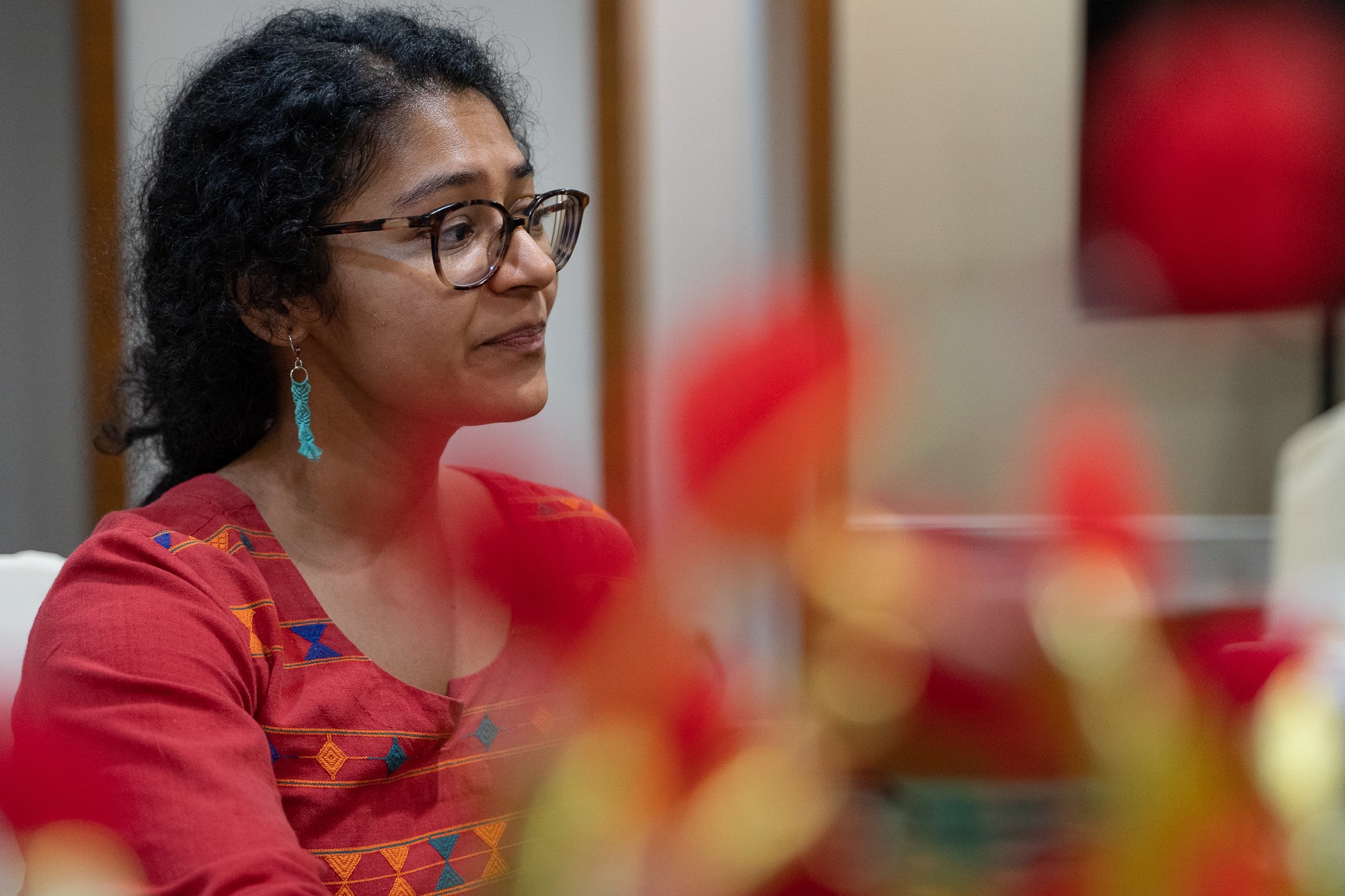
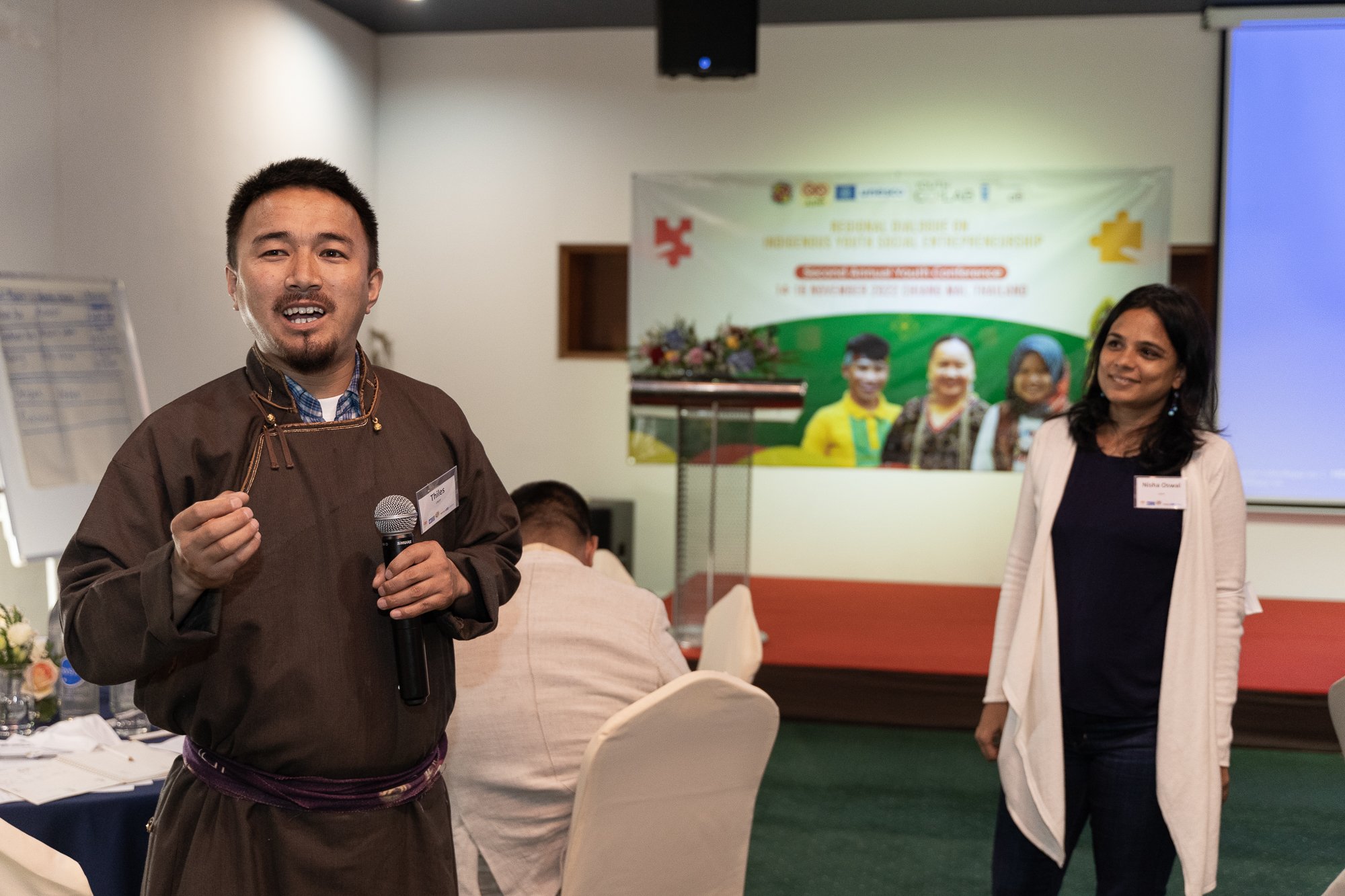
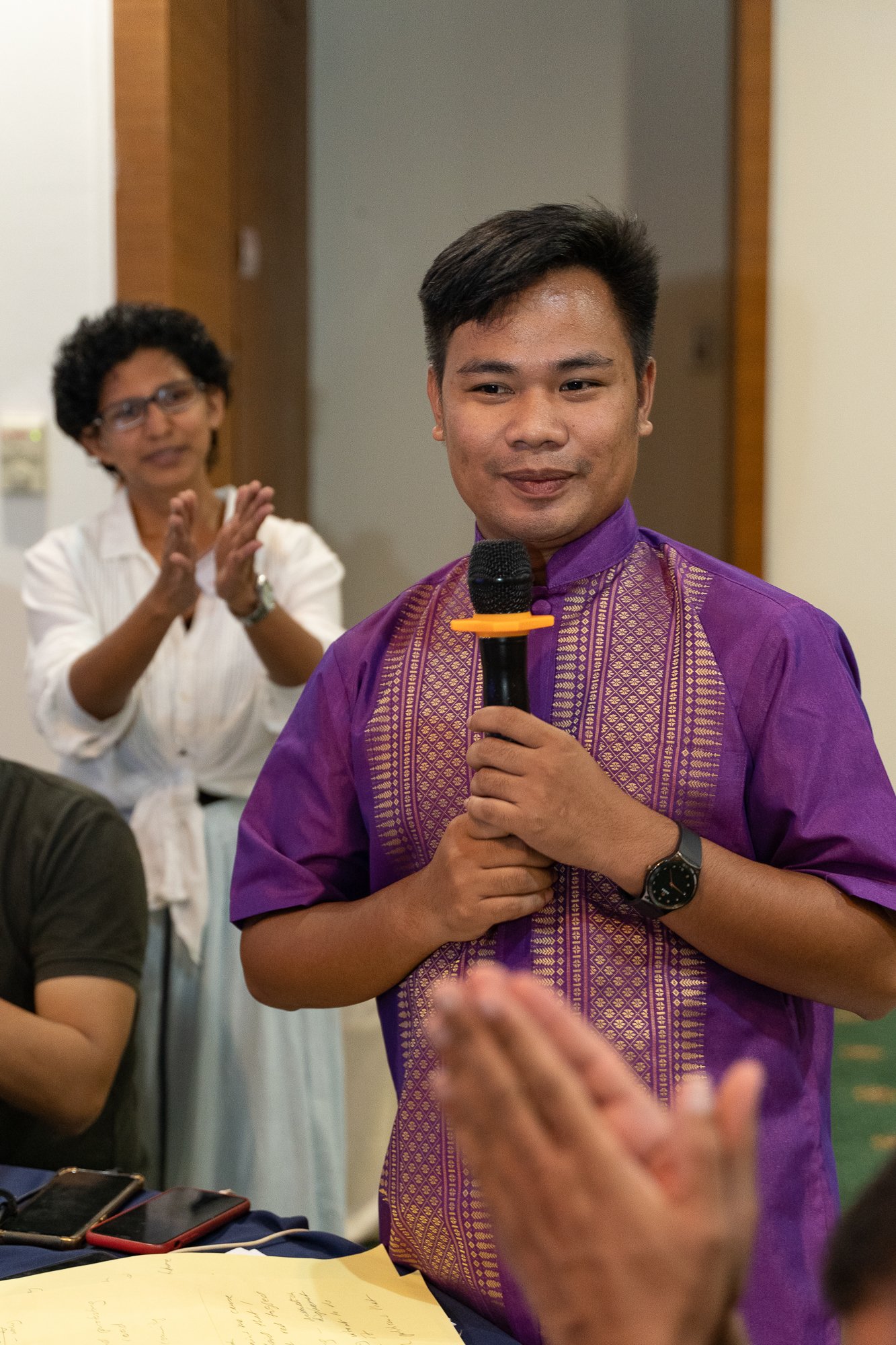
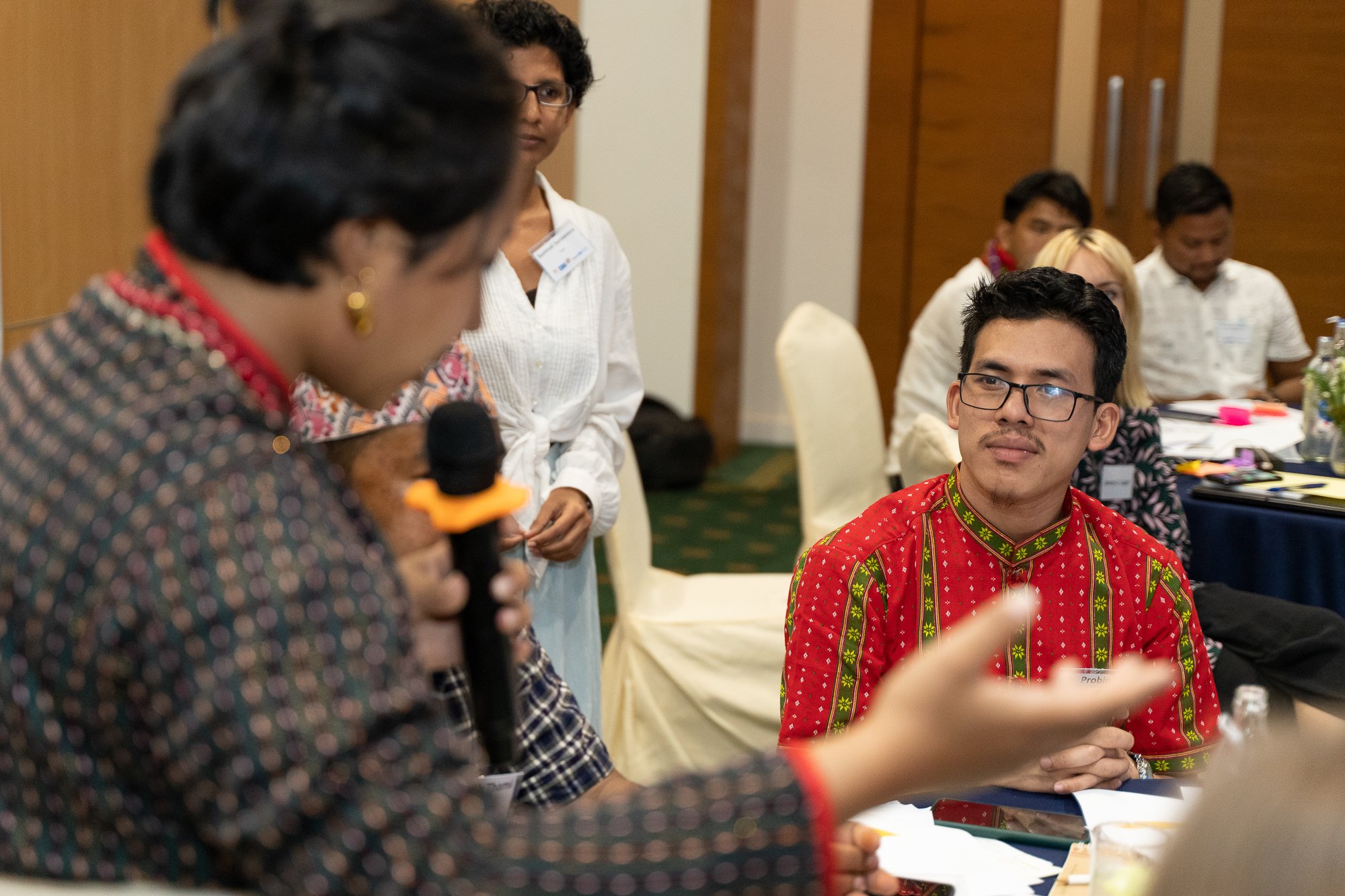
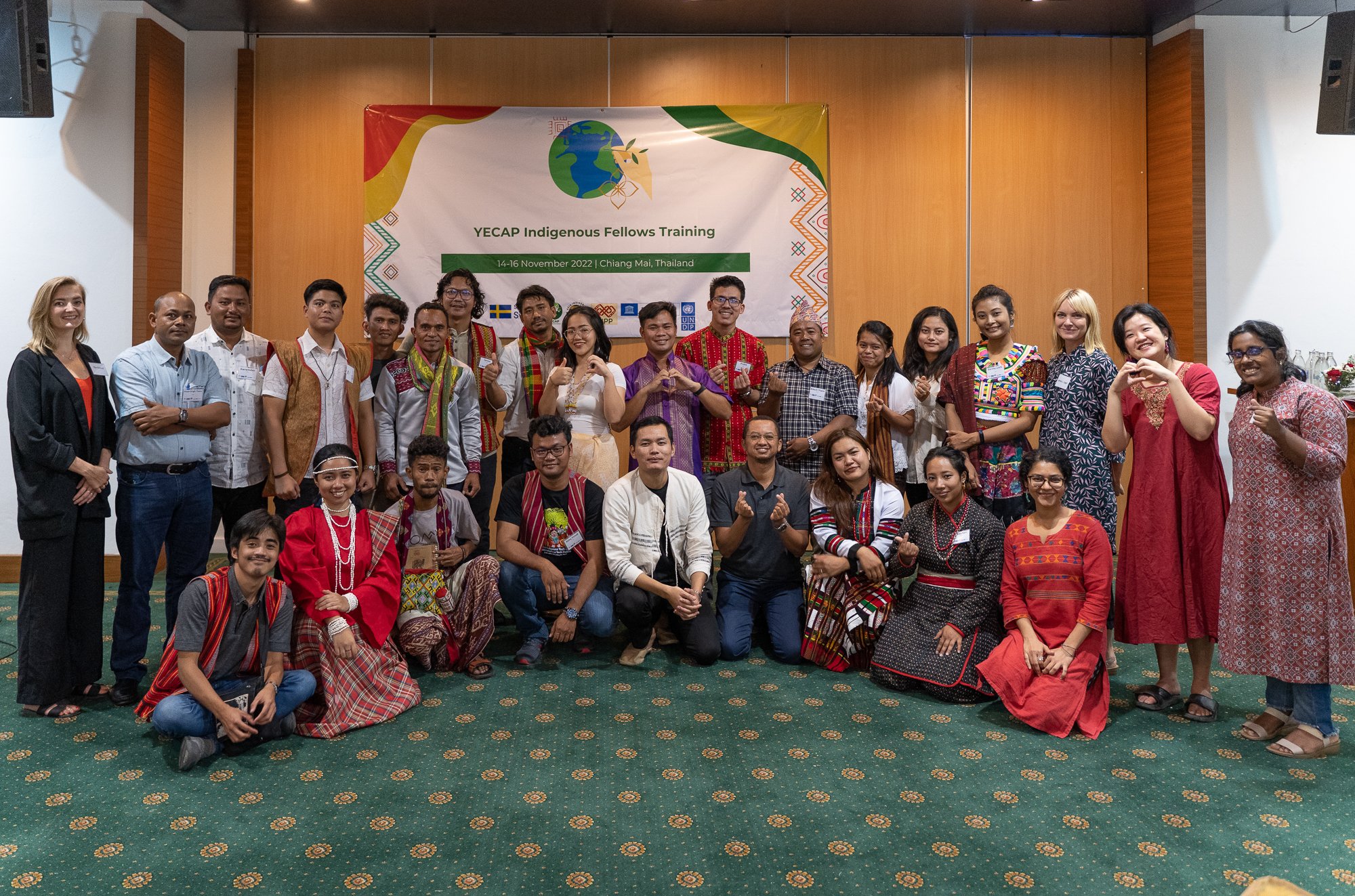
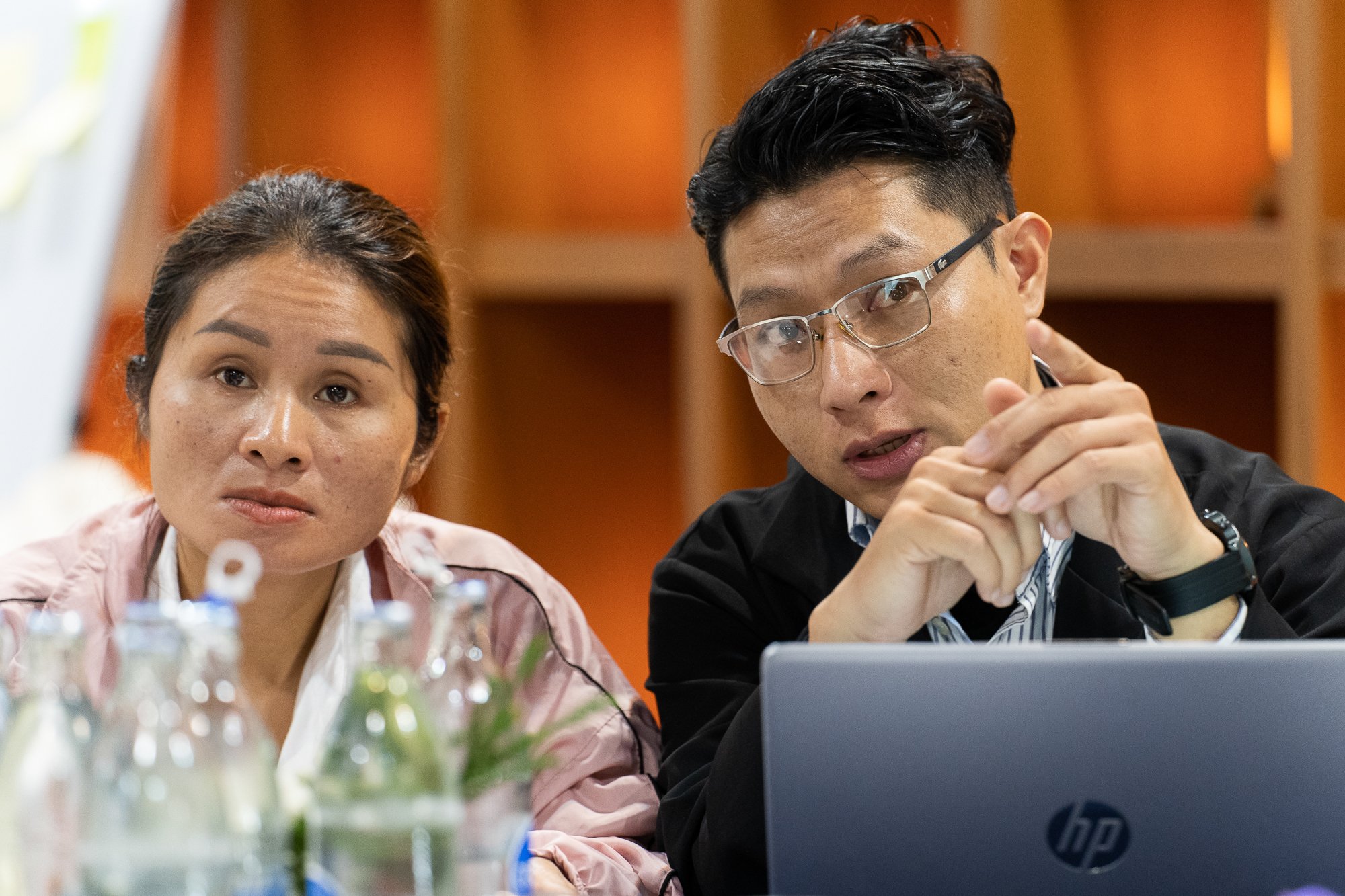
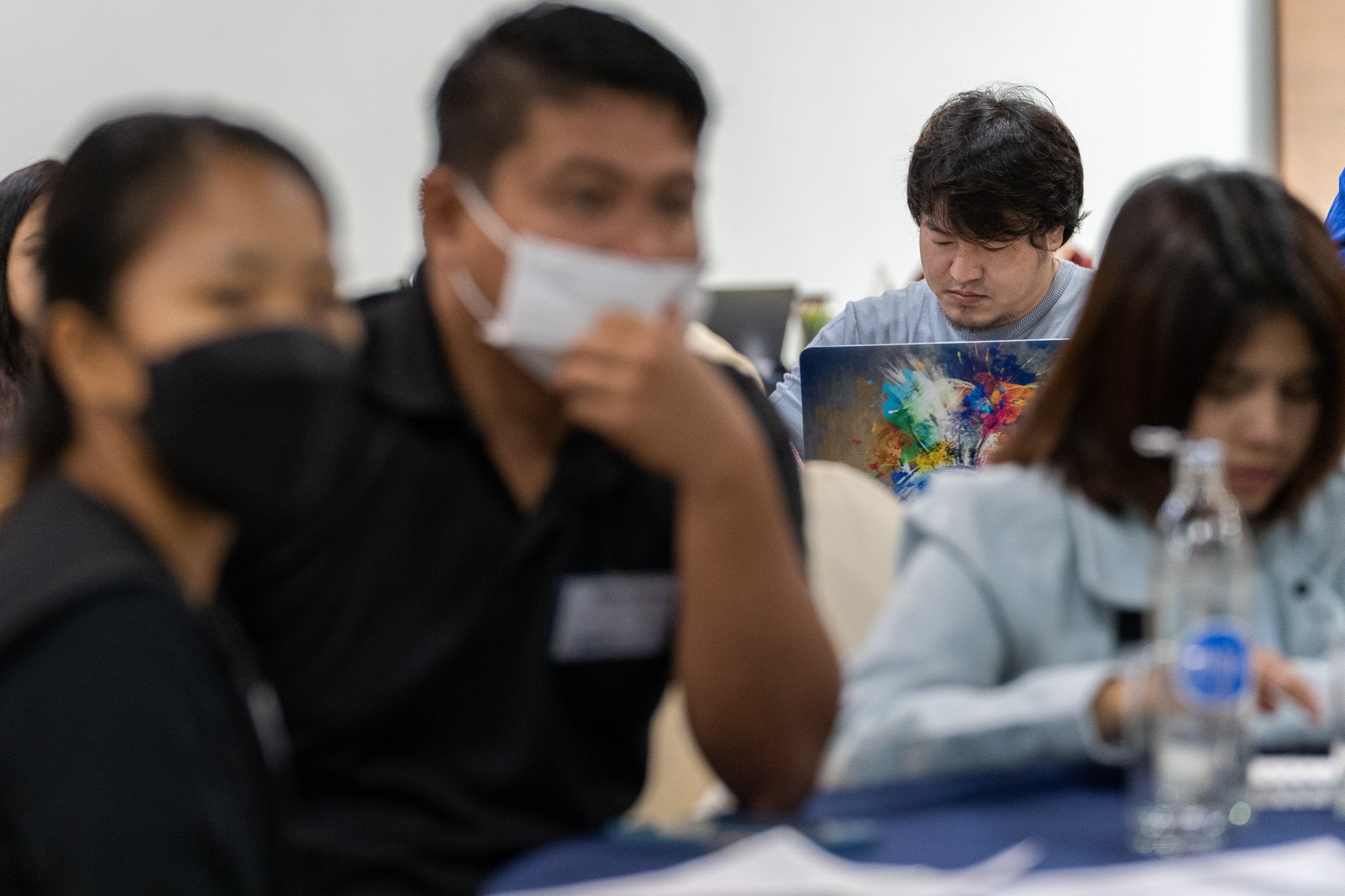
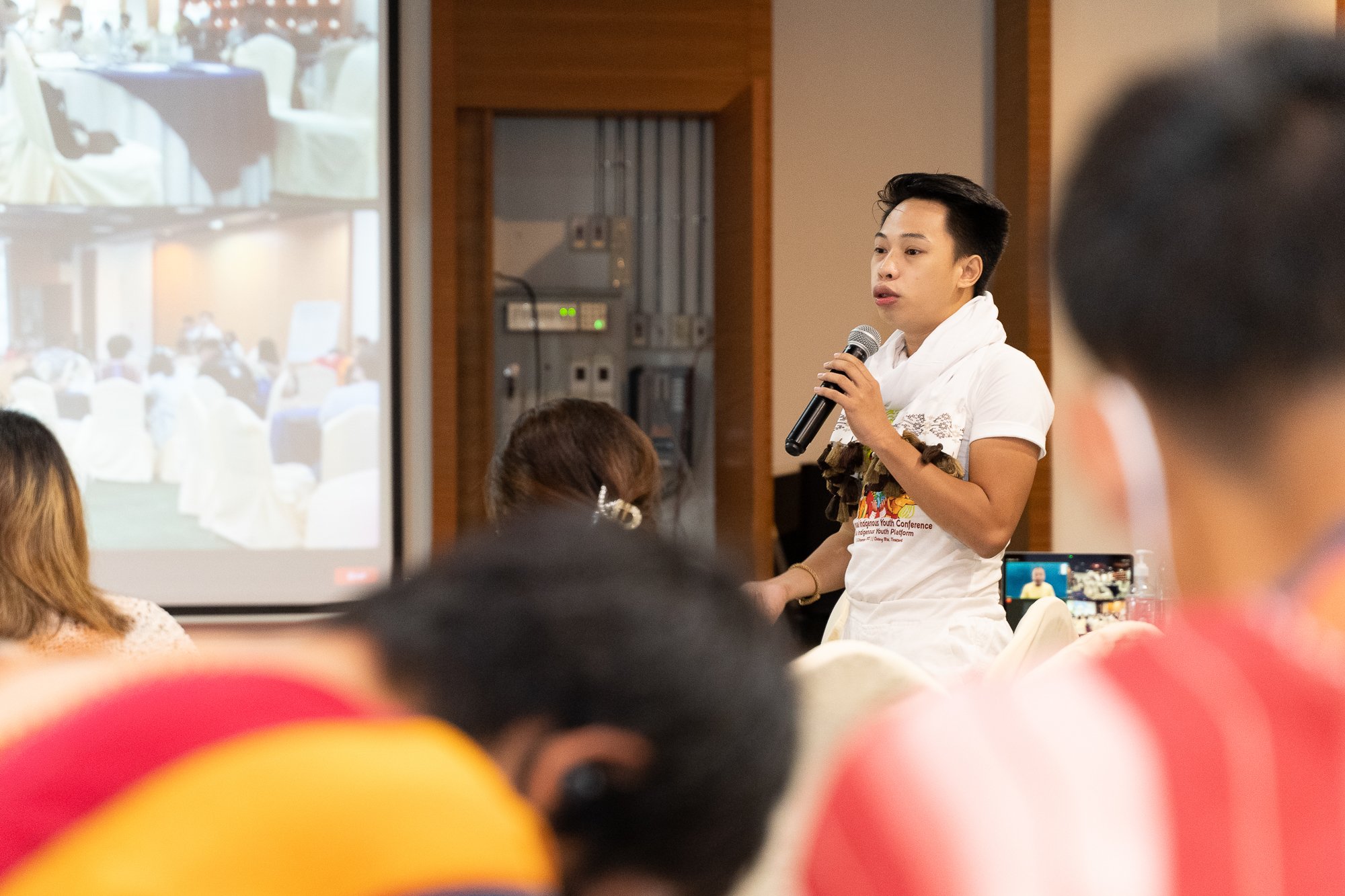
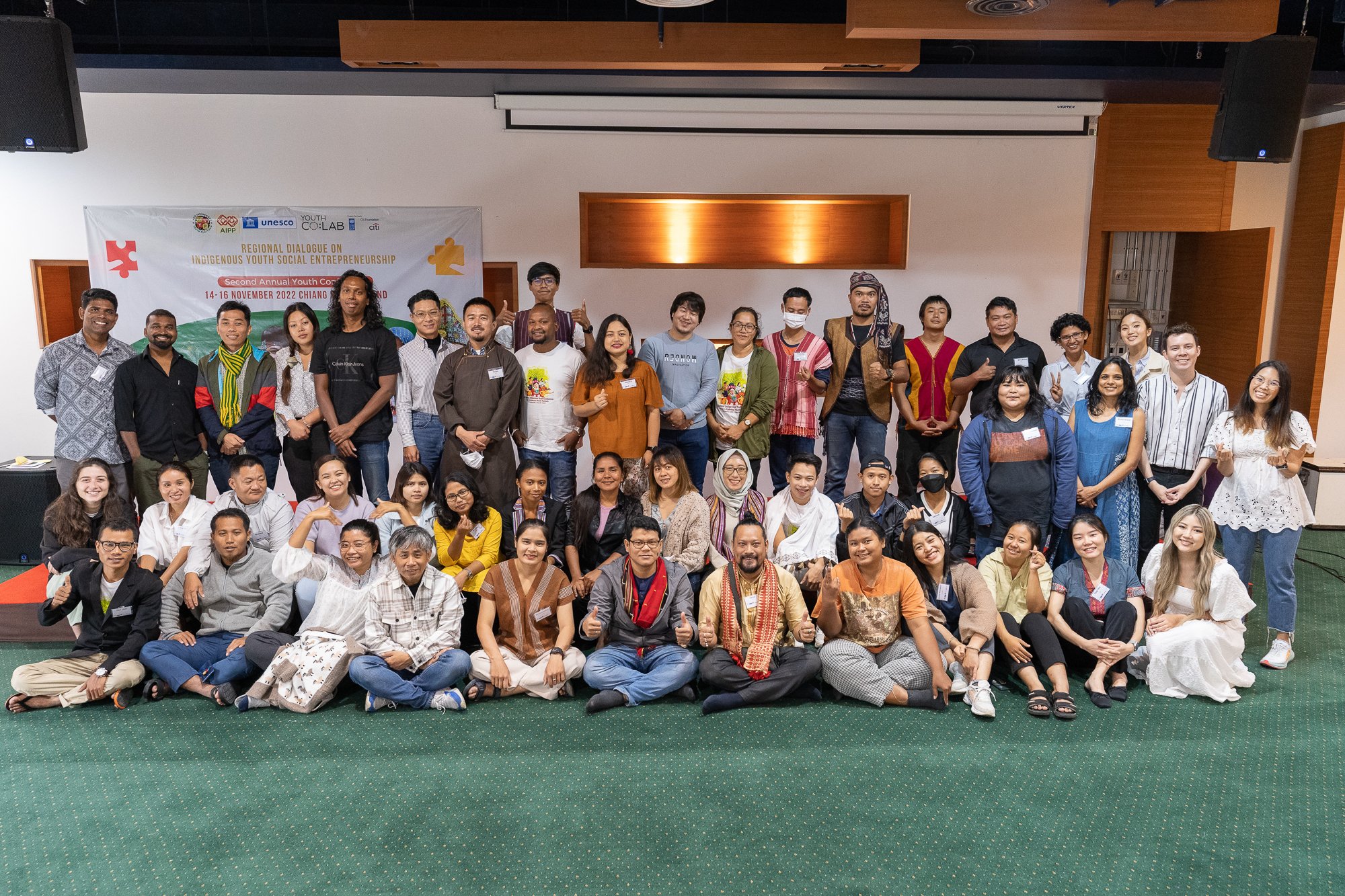
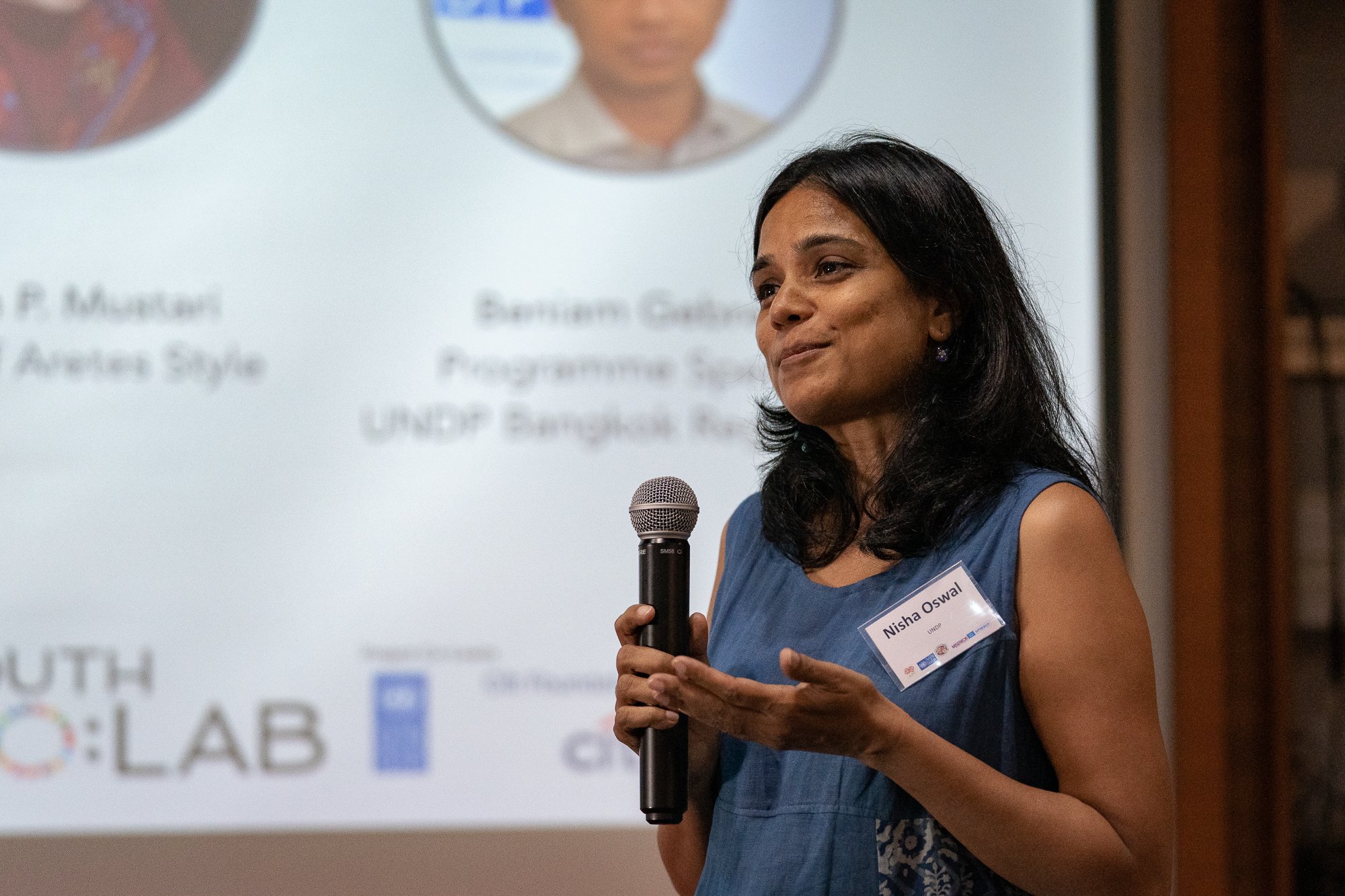
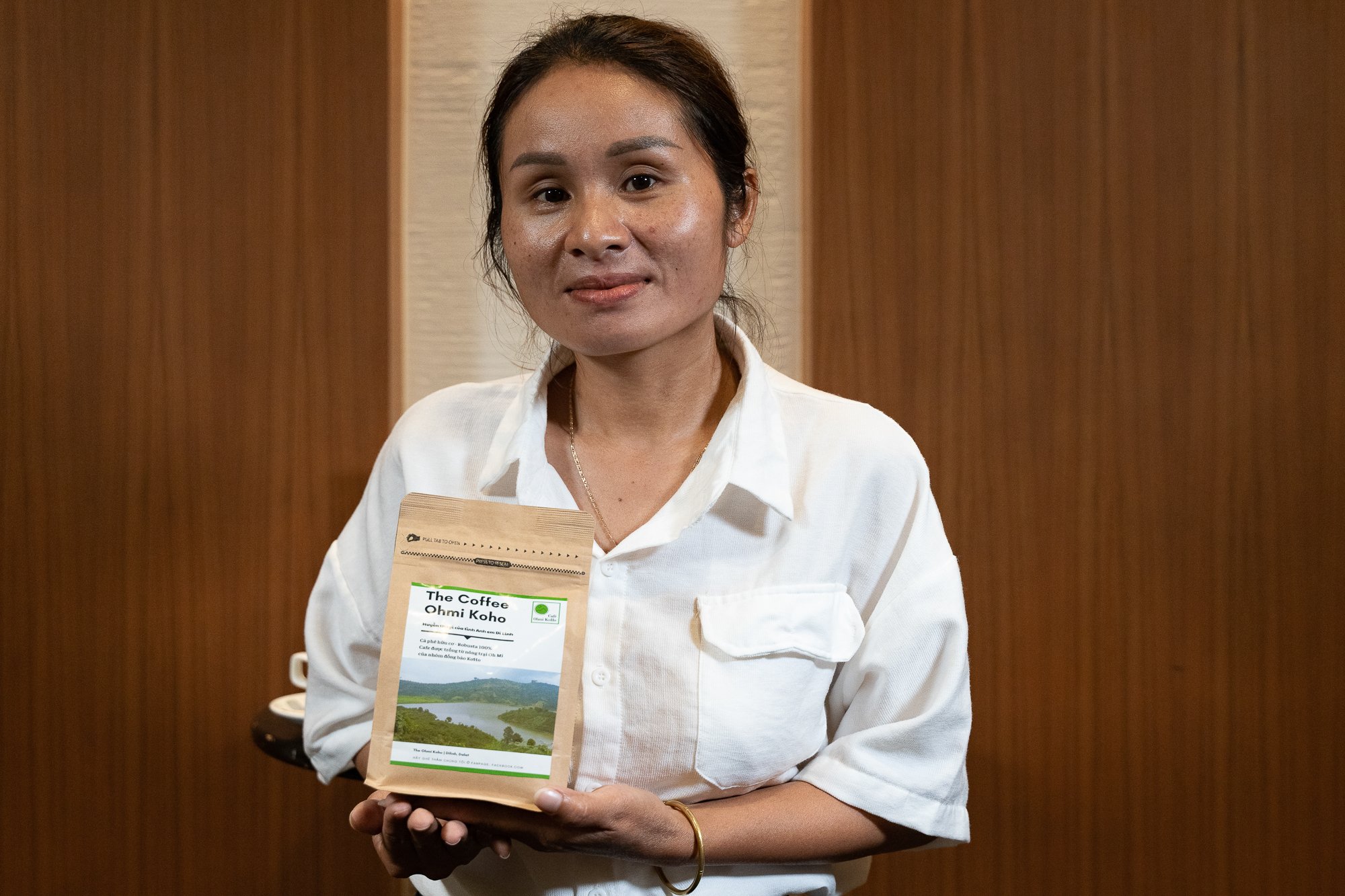
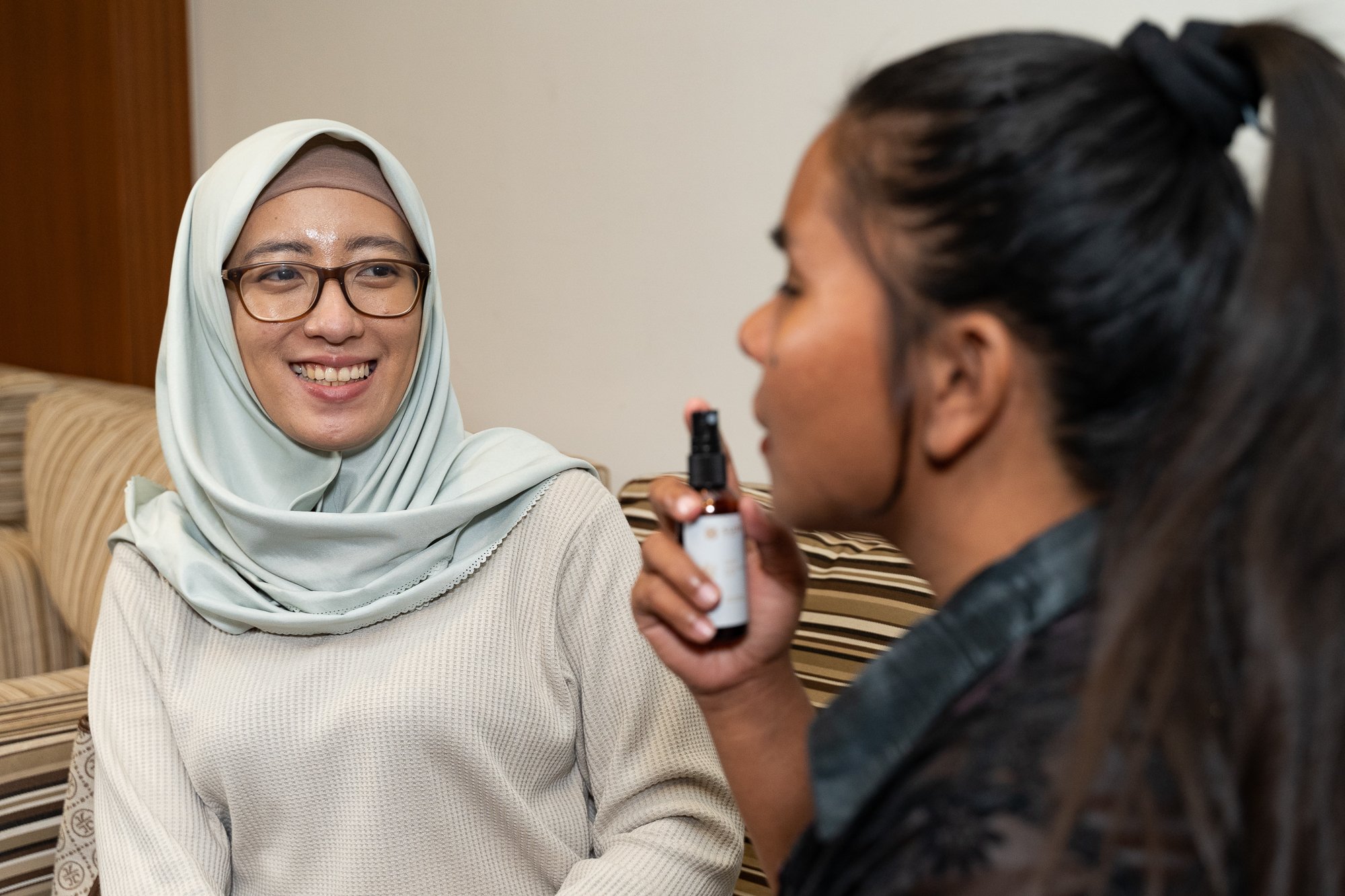
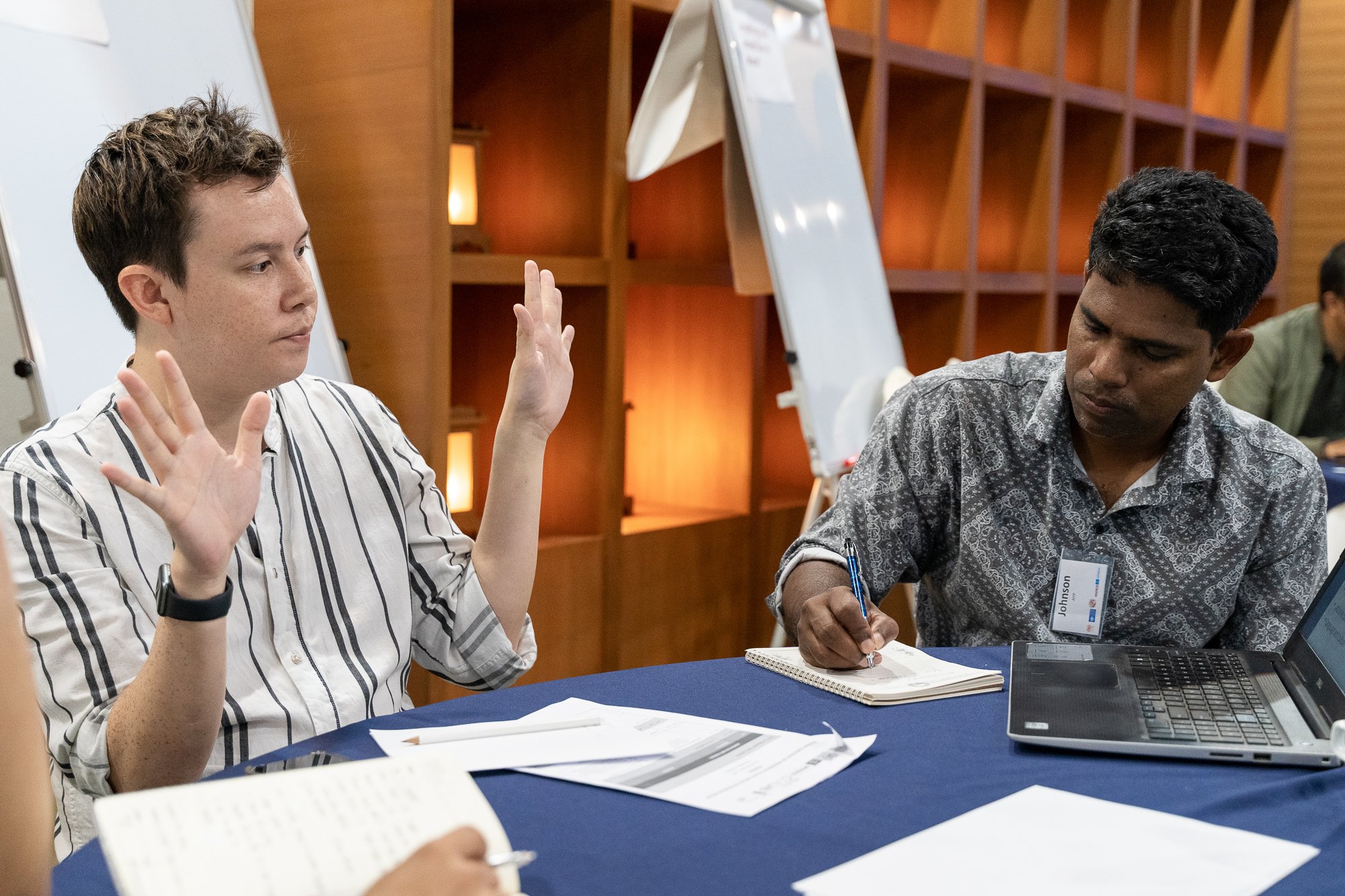
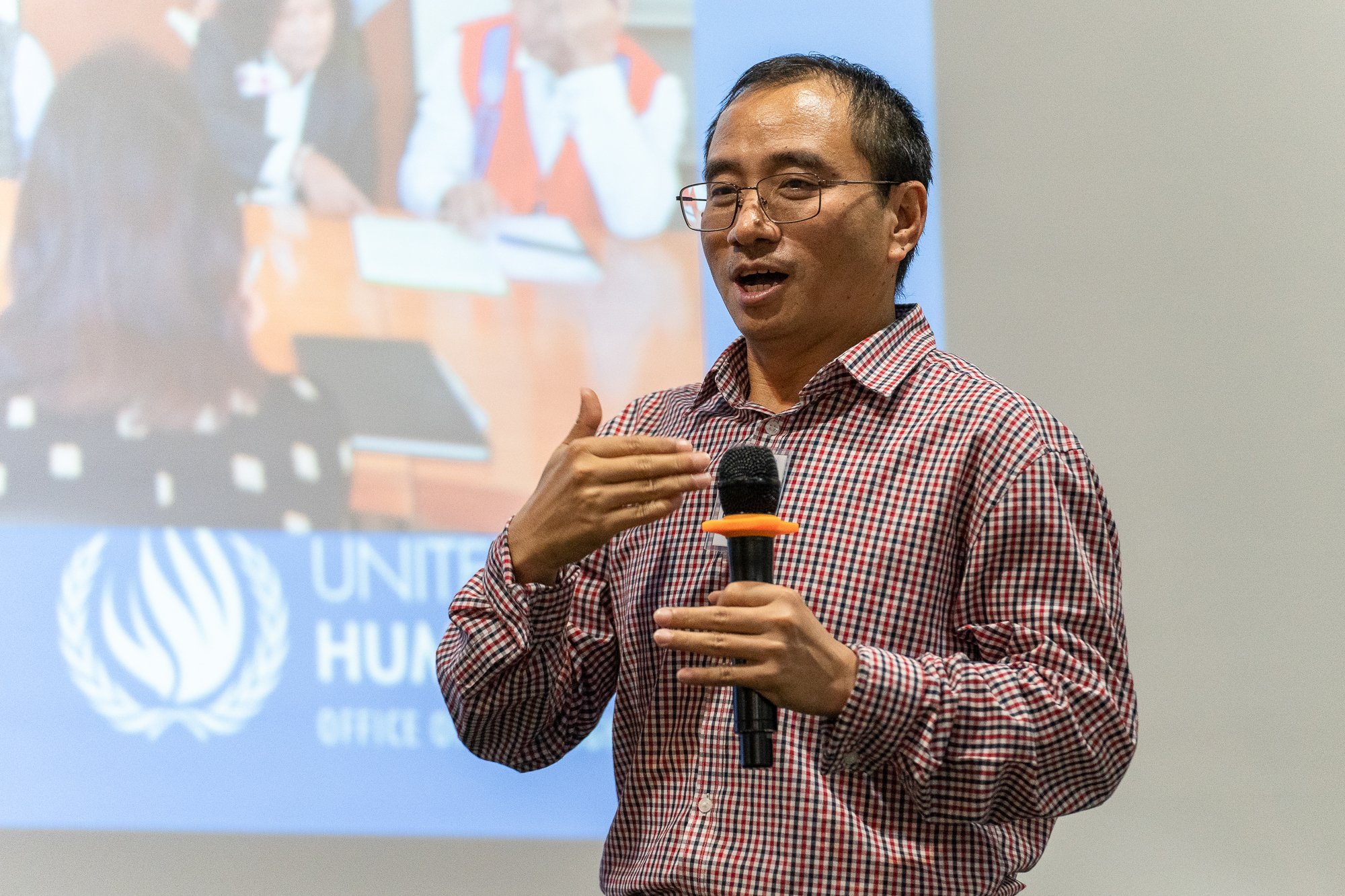
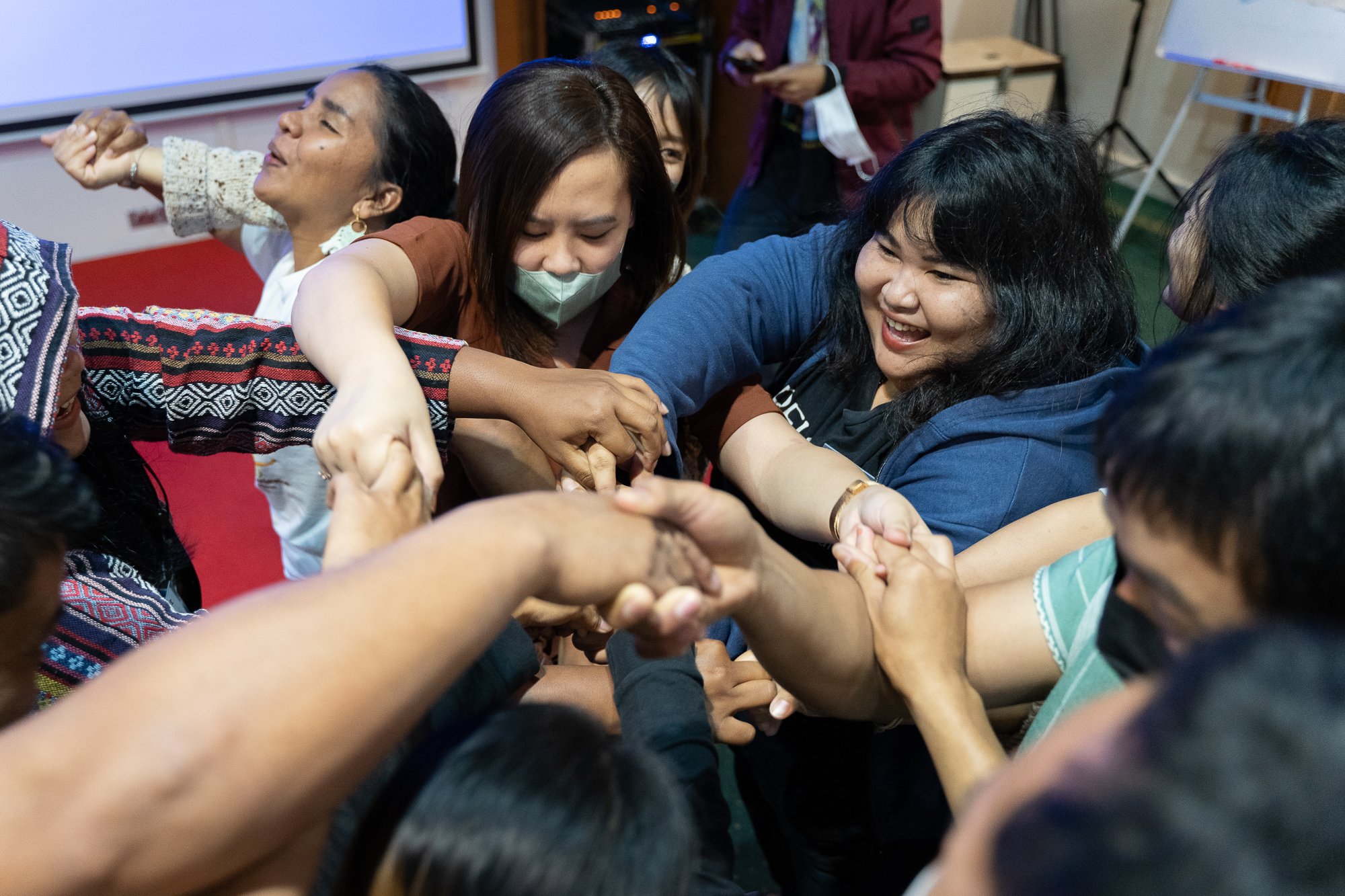
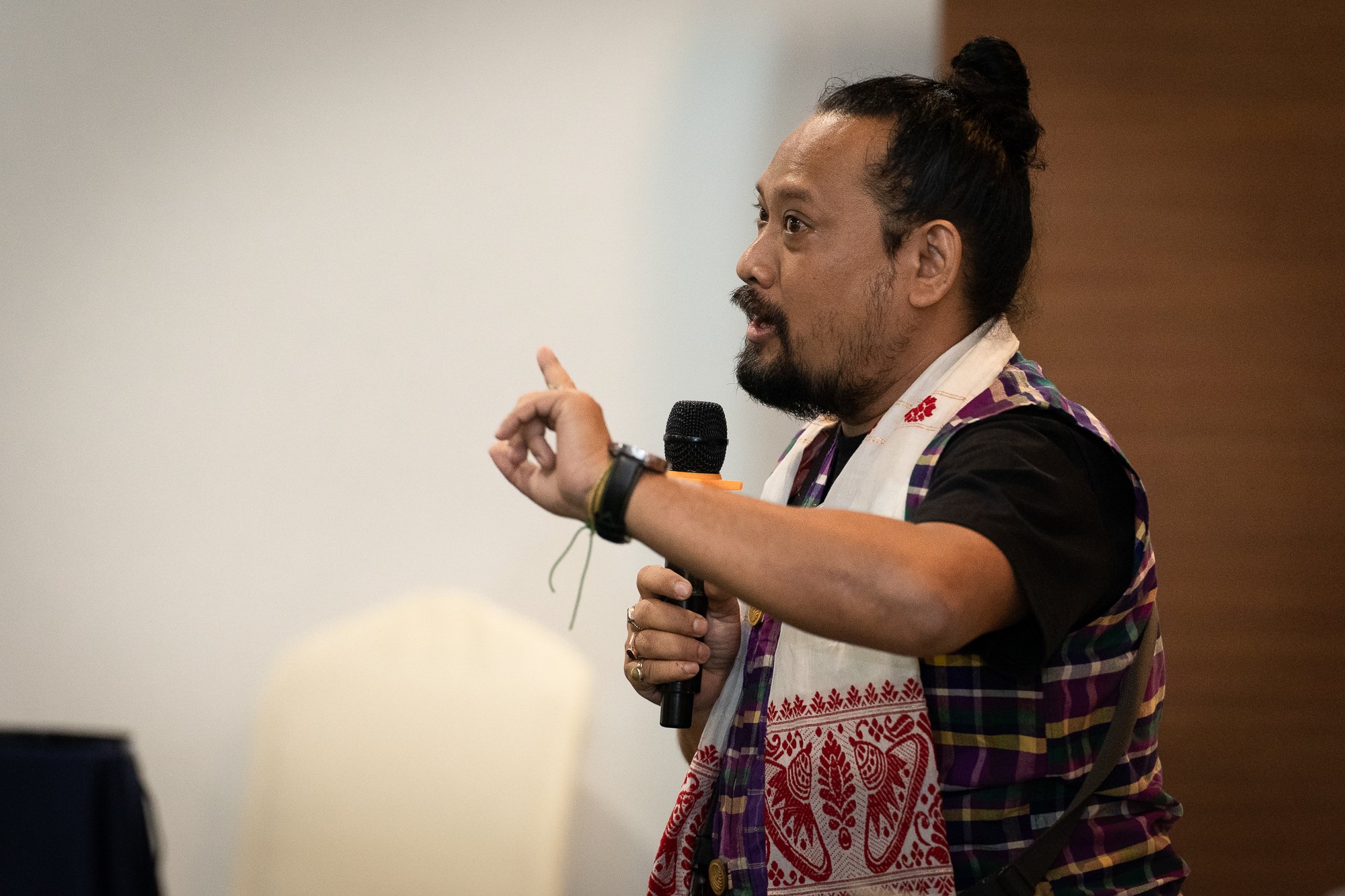
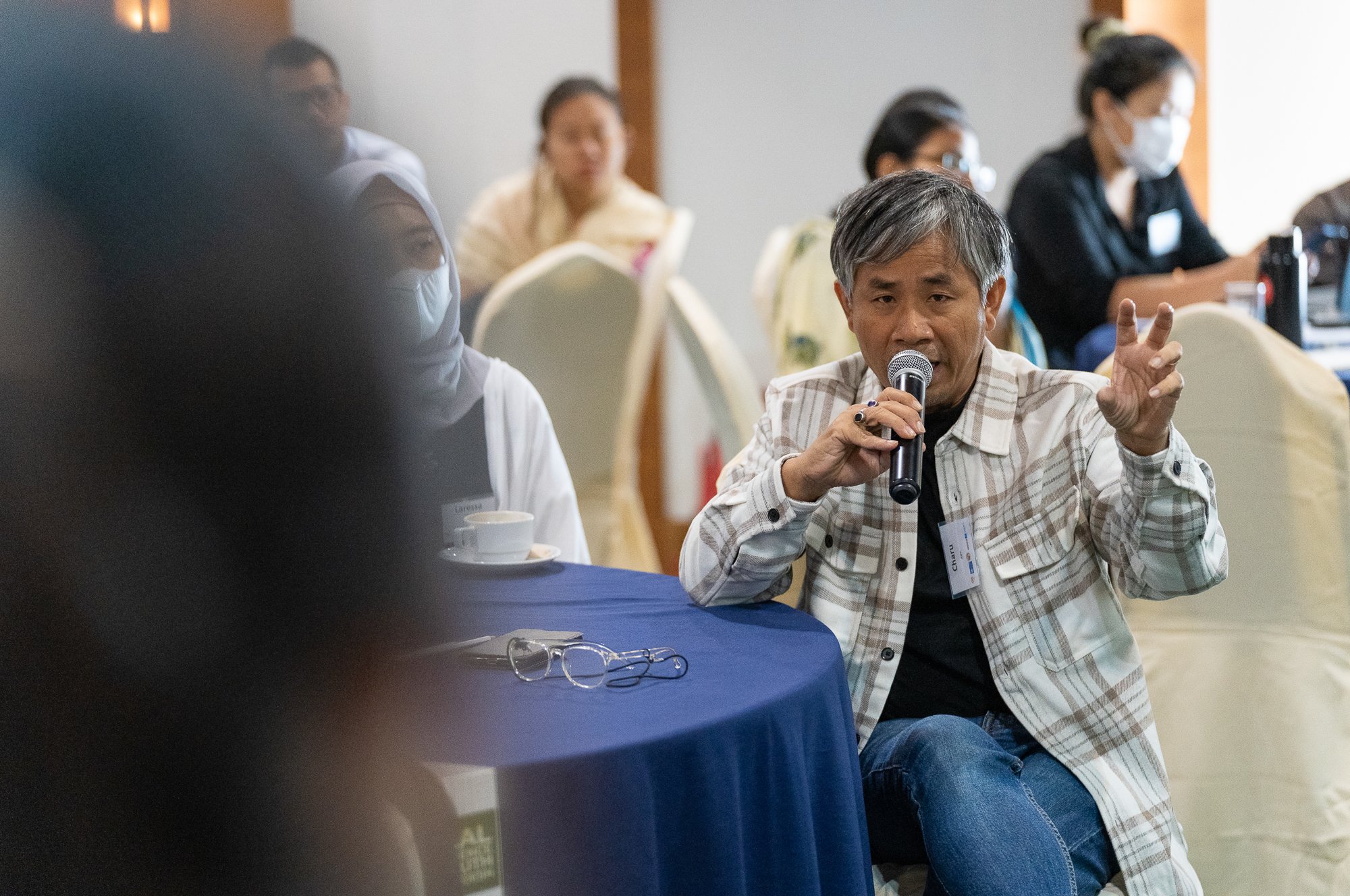
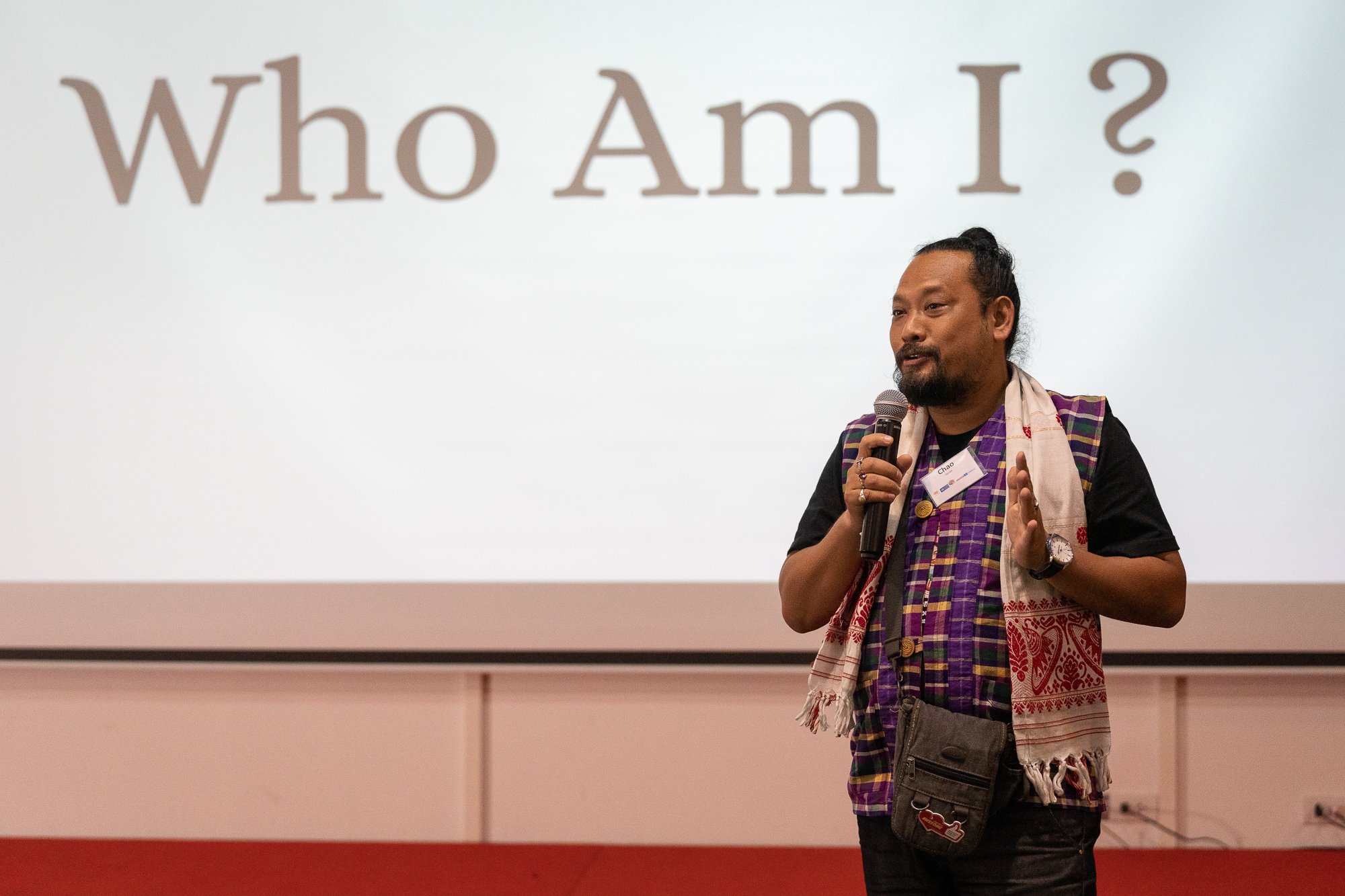
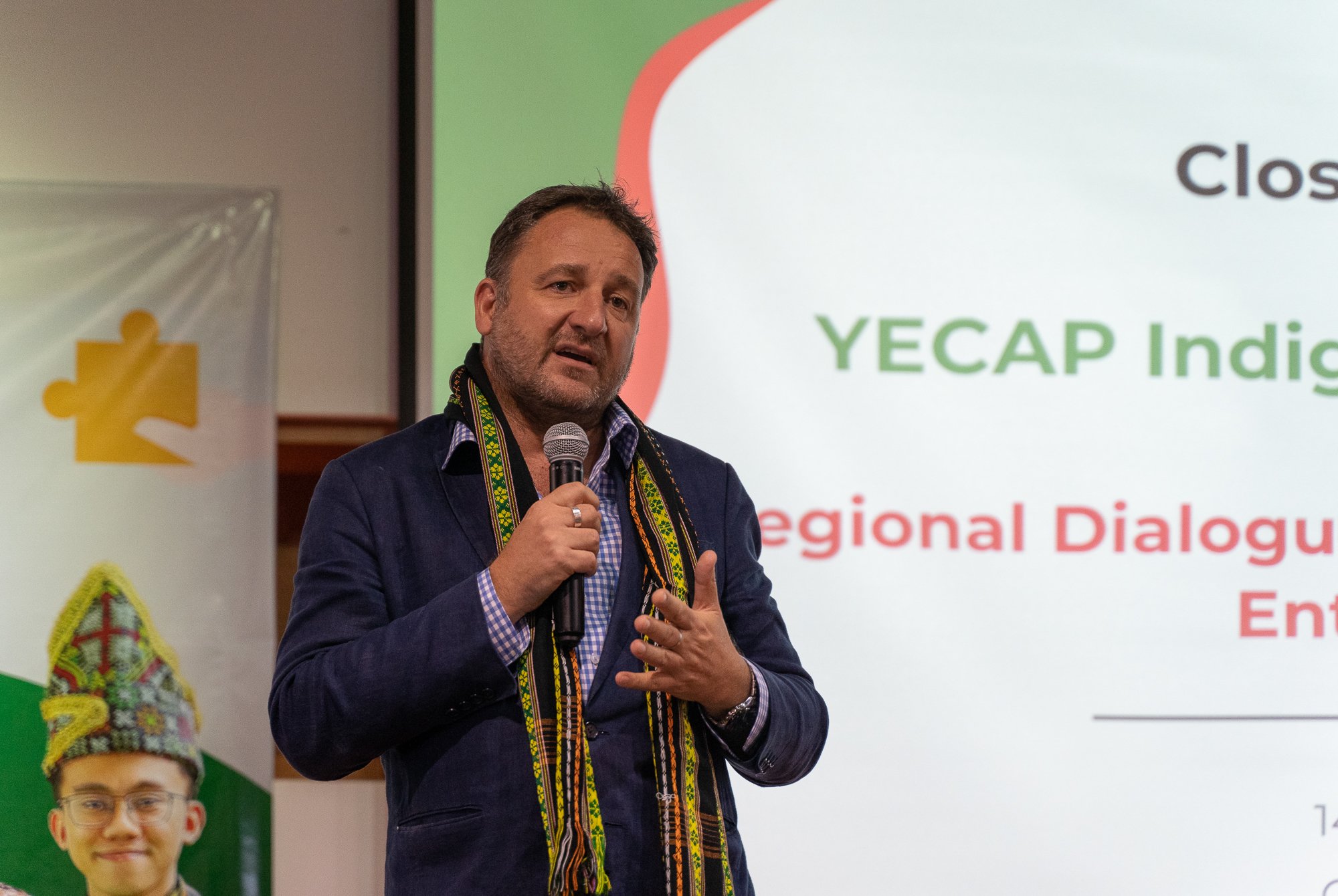
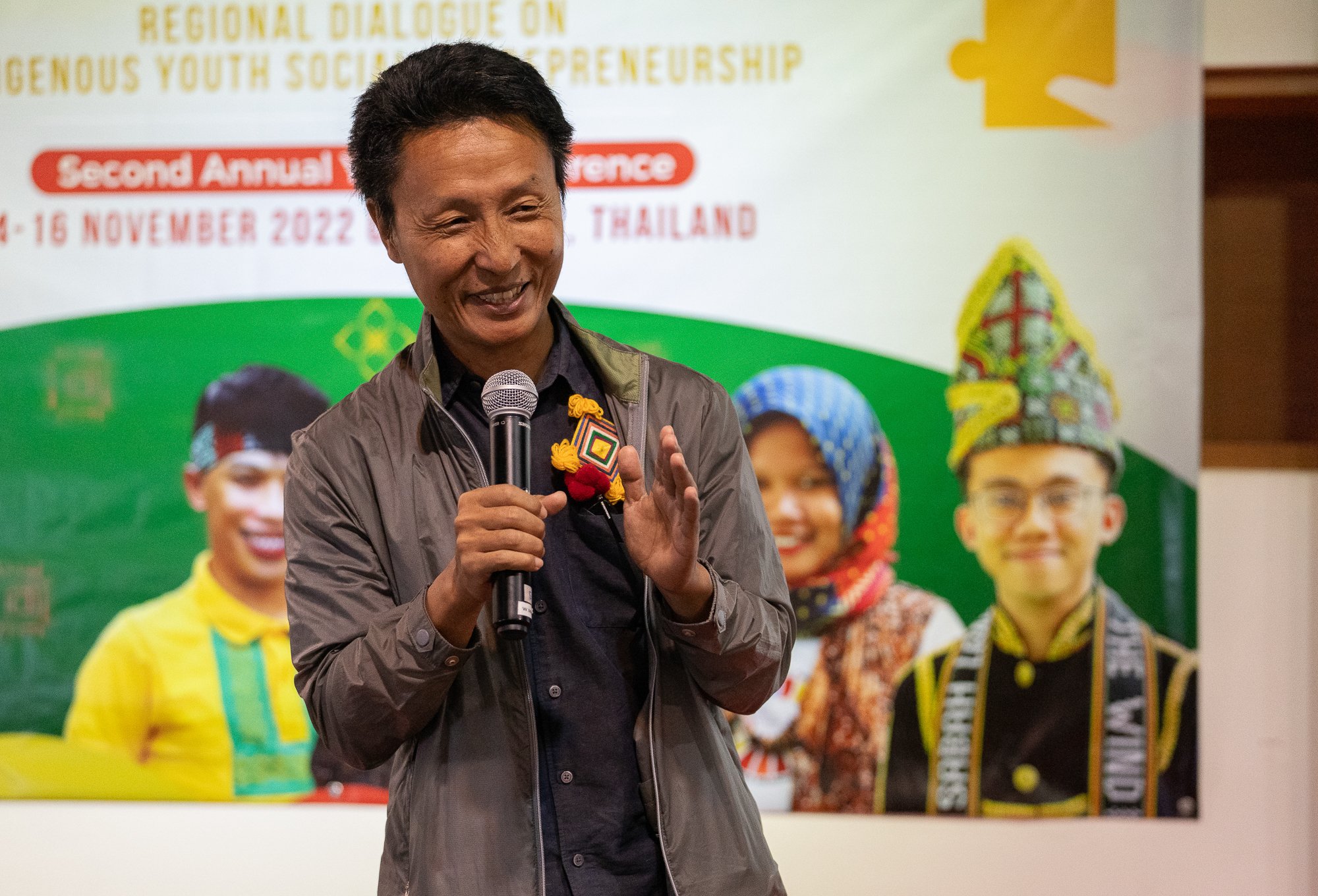
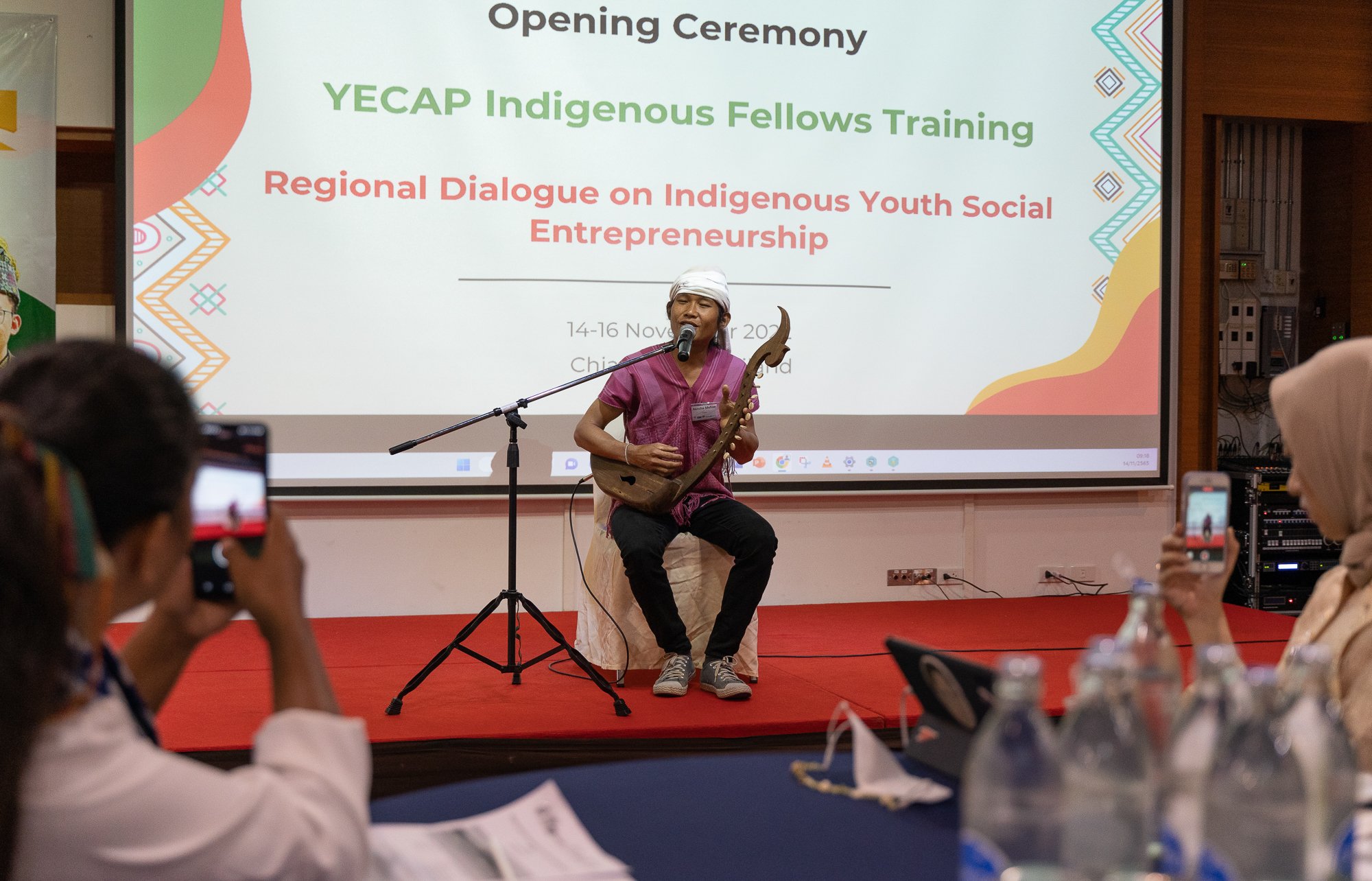
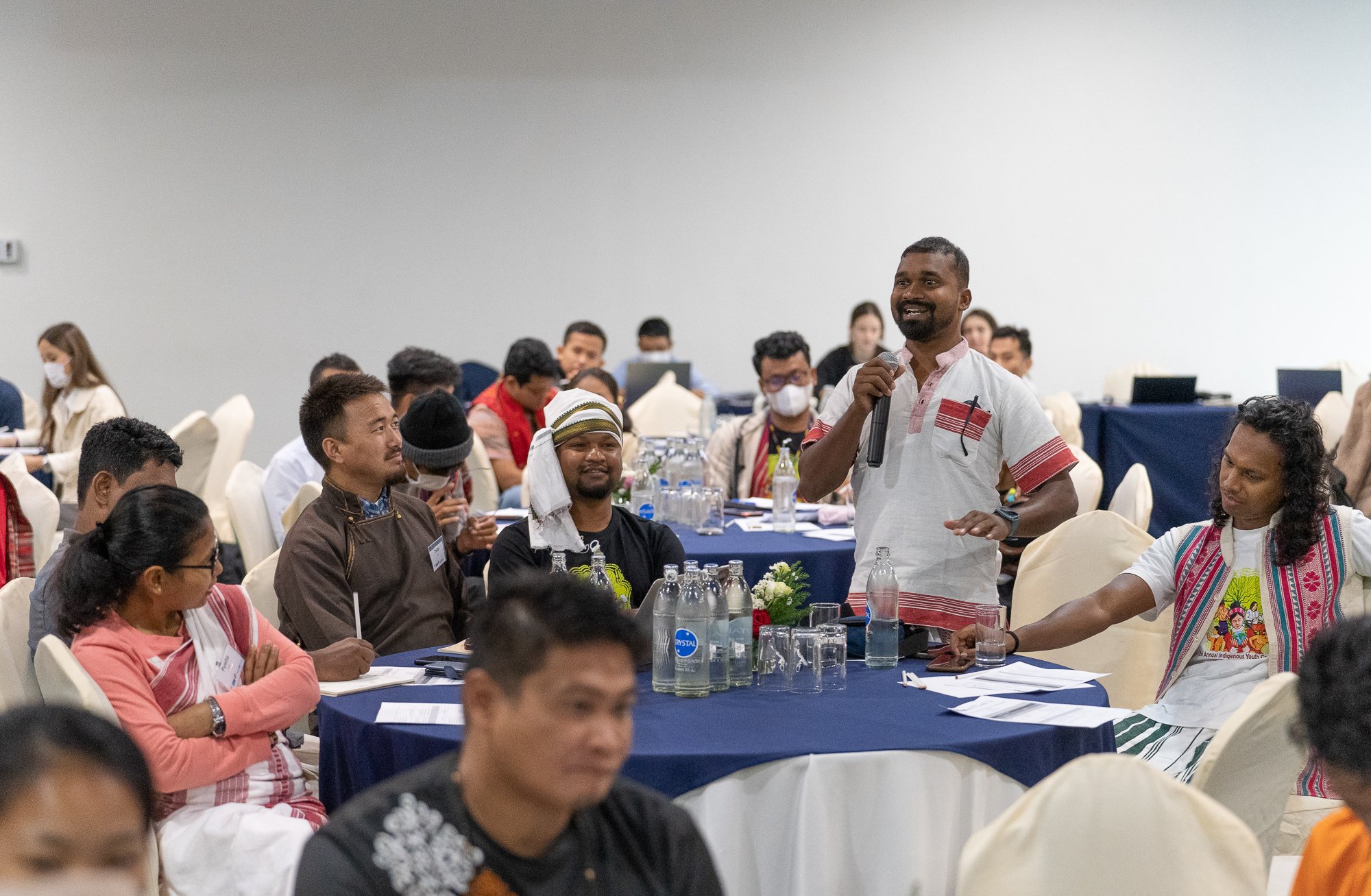
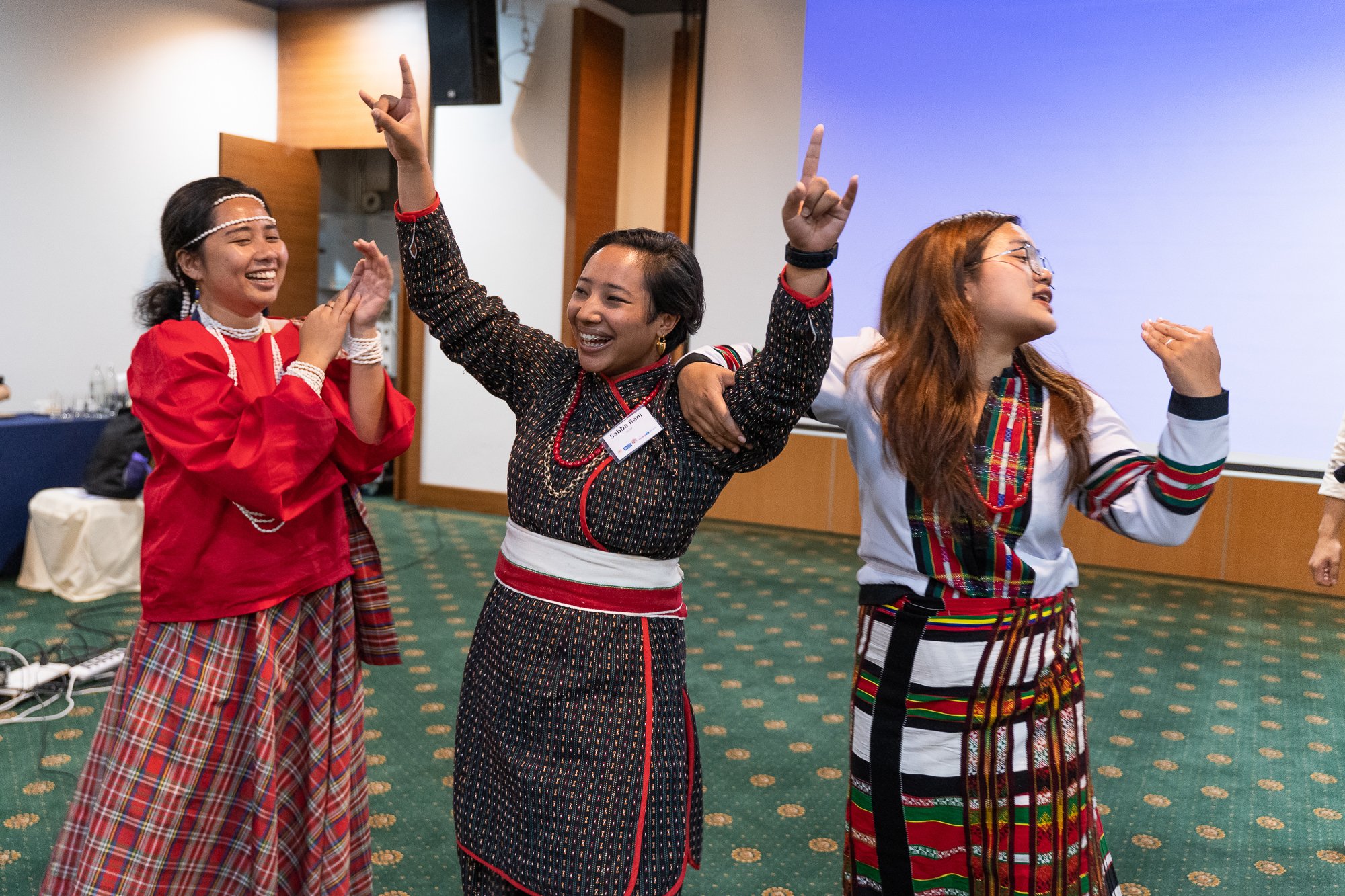
Fast-turnaround project as a video editor for United Nations Development Programme (UNDP)
I worked as a video editor for UNDP and UN Women on the joint project to address stigma and discrimination experienced by women with disabilities.
The videos were posted on UNDPs social media channels to coincide with International Day of Persons with Disabilities (IDPWD).
The projects was done on a very tight turnaround and it was a great team effort to get all the videos done and signed off in time to be launched on IDPWD.
As the project is in the initial stages, it would be great to see it gaining traction and shining a light on a subject that is often overlooked and that it contributes to reducing stigma and discrimination for women with disabilities across the world.
It was a pleasure working with the team at UNDP. In terms of clarity of vision and understanding how to be optimise and publish the videos on social media they were among the best I’ve worked with it.
It was also great to work with the team from University College London who are clearly experts in their field and are working very hard to get this project out of the block.
You can see more of my work as a video editor here and other example of short clips I’ve edited for publication on social media here. Below is one of the clips that was published on various agencies social media channels to help promote the project.
Videographer on a case study for the World Health Organisation in Cambodia
I was asked by the World Health Organisation (WHO)'s Western Pacific office to work as a videographer in Cambodia on a regional series of videos they were making to highlight the work that they do throughout the region.
The assignment was to produce a 2-3-min video on a case study about a garment factory worker who had received primary healthcare to document WHO’s primary health care activities in Cambodia. The video is part of a broader campaign by the regional office that included stories from 21 countries.
Although it was a challenging subject matter the participant was understanding and patient. She gave a great interview to explain how she may have died if she hadn’t received the primary health care she did free of charge as part the work that the WHO does in Cambodia.
It was greatly appreciated for her to invite us into her house and let us film her at her work place, at the local healthcare clinic and in her community with her friends.
The regional office were a pleasure to work with. They were clear in their process and provided a good model for what they wanted. I look forward to hopefully collaborating with them on future projects.
You can see more examples of my work as an NGO videographer for case studies here and here.
On assignment as a videographer on UNICEF's Generation Future project
Nick Sells contacted me to work as a videographer to document UNICEF’s Generation Future programme in Cambodia. Generation Future is a mentorship programme for young Cambodians with big ideas. The project will form part of UNICEF’s celebration of World Children’s Day.
After being selected for the programme, a group of young Cambodians receive one-on-one guidance from accomplished mentors. They also get seed funding to budget for essential project costs and tailored training from UNICEF Cambodia. When they have completed the training, they take their projects into schools to engage other Cambodian youth about their ideas for social change.
The were a broad range of projects including projects about creating school gardens to grow vegetables, oral hygiene and engineering. The video follows the participants training and them delivering the training for their project at a numbers of schools in Siem Reap, Cambodia. The aim in the future is to expand the project, so school children all over the country can benefit.
It was a pleasure getting to meet the future generation of Cambodians. If they’re anything to go by, Cambodia is in safe hands. Hopefully the success of the project will mean that it returns in 2023.
You can see more examples of my videography work here and here.
Working in the field as a cameraperson for the NGO United World Schools
It was great to see some of the footage I shot while working as a cameraperson for the NGO United World Schools (UWS) used as part of their Girls Will Be Girls campaign. I took the images when on assignment for Arete Stories.
It was a cool initiative where the UK government matched any donations made by the public so that more girls living in remote jungle areas around the world can benefit from a good education.
Seeing the video brought back fond memories of the week I spent working as a cameraperson in Preah Vihear and Ratinikiri, both remote provinces in northern Cambodia. We visited a village where UWS were building schools right up on the Laos border, and got to see one of their schools in action in a remote village in Ratanikiri. It was a particularly memorable experience travelling up the Sasam River in a small boat through the verdant, tropical vistas.
You can see more examples of my work as a cameraperson for NGOs here and more about my trip with UWS here.


